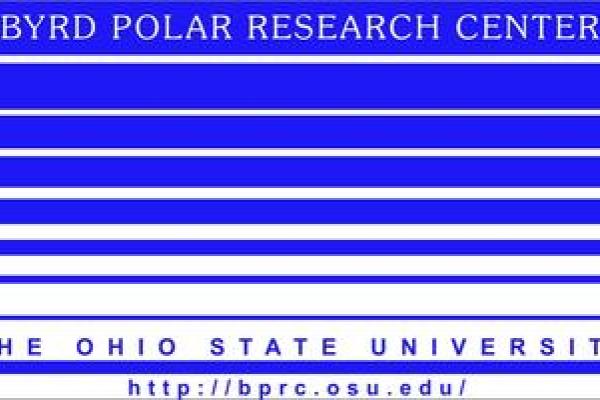
The OSU School of Communication, the Byrd Polar & Climate Research Center, and the Behavioral Decision-Making Initiative are sponsoring a campus talk on climate change communcation.
Dr. Edward Maibach, Director of the Center for Climate Change Communication (4C) at George Mason University will give a talk entitled "TV Weathercasters as Climate Educators: Making the Climate Local." American adults trust TV weathercasters as a source of information about climate change. Upon learning this factoid, a senior TV meteorologist working in the Washington DC media market phoned the lead investigator at Mason with a proposition: let's work together to test the proposition that TV weathercasters can be effective climate educators.
That call, eventually, led to three NSF grants (and philanthropic funding), and to a partnership involving universities (Mason, Yale, and Cornell), non-profit organizations (Climate Central), professional societies (American Meteorological Society and National Weather Association), and government agencies (NOAA and NASA), and to considerable evidence that supports the proposition that America's TV weathercasters can indeed play an important role in educating the public about the local consequences of a global challenge.
